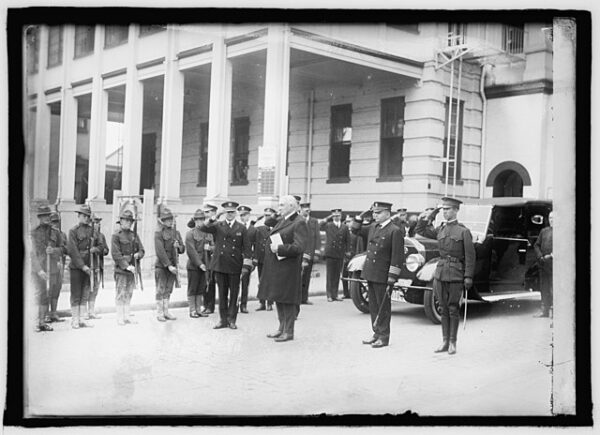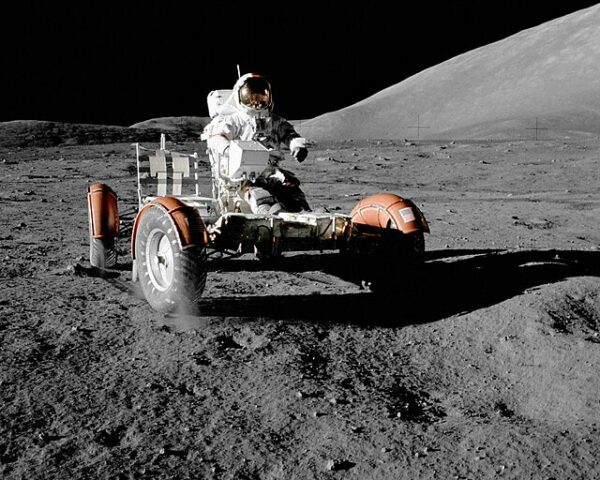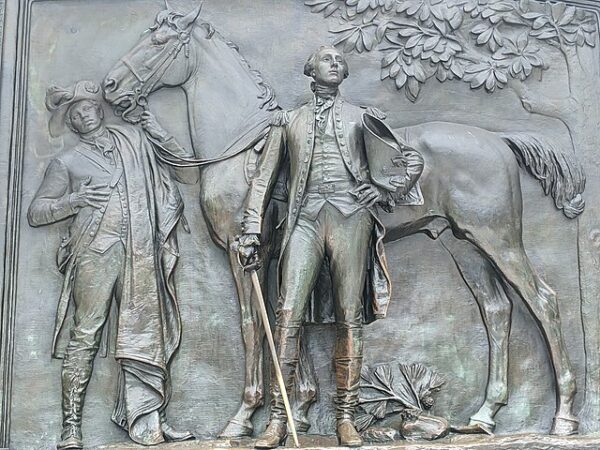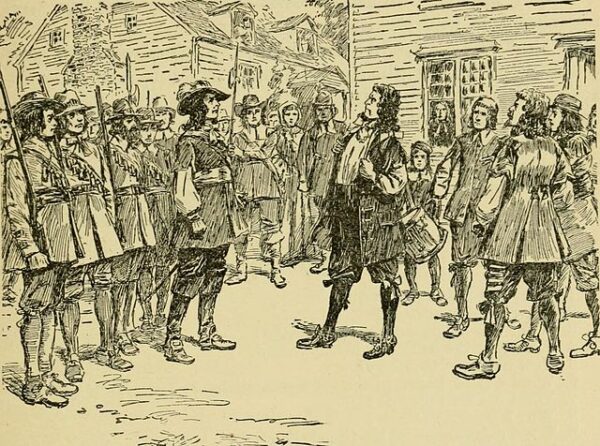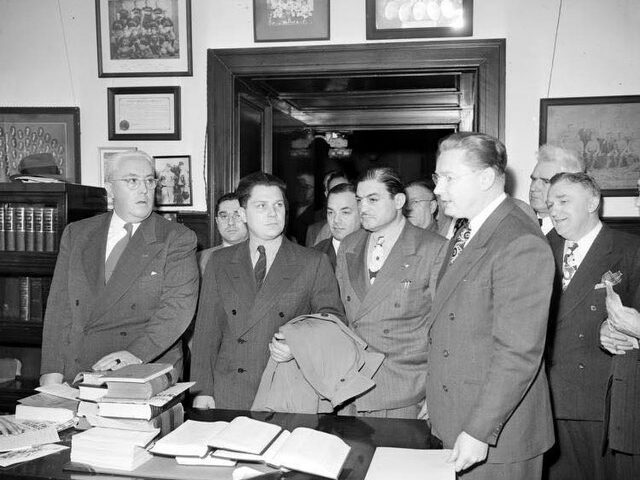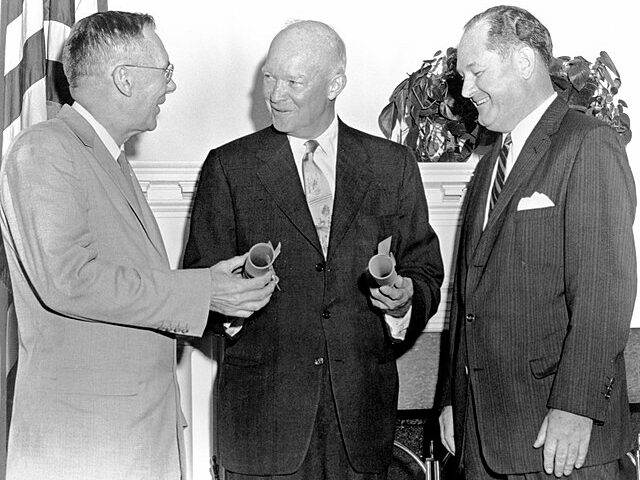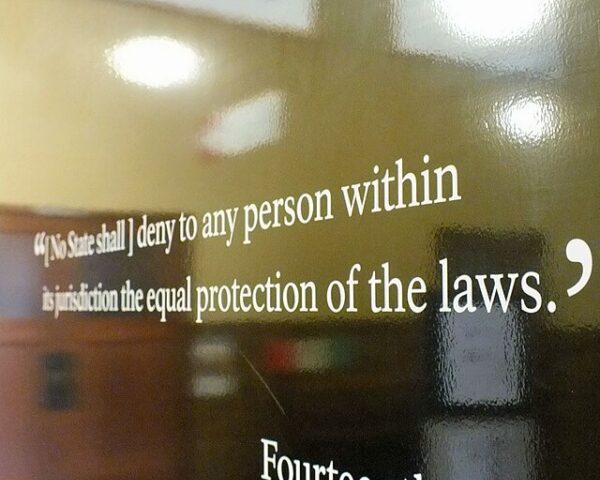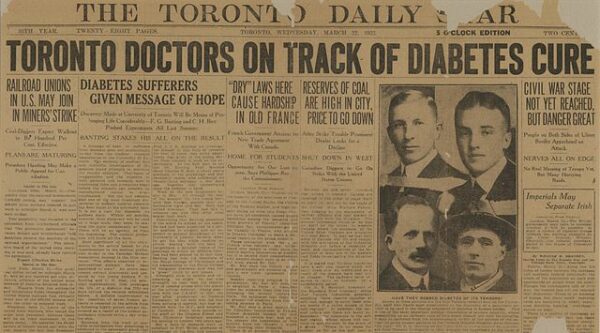On August 2, 1923, the United States suddenly had a new president. The 29th President of the United States, Warren G. Harding’s unexpected death brought an abrupt end to his term in office and left a profound impact on the nation. Harding’s tenure as…
Read MoreOn August 2, 1790, the United States of America took its first count of the population. The U.S. Constitution ratified in 1789, mandated that a census be conducted to enumerate the people to apportion seats in the House of Representatives and assess direct taxes…
Read MoreThe history of the lunar rover, an extraordinary feat of engineering, began with its debut on the moon on July 31, 1971, during the Apollo 15 mission. The Lunar Roving Vehicle (LRV), also known simply as the lunar rover, was a crucial development for…
Read MoreOn July 31, 1777, a 19-year-old French aristocrat, Marie-Joseph Paul Roch Yves Gilbert du Motier, Marquis de Lafayette, received a commission, without pay, from the Continental Congress making him a major-general in the Continental Army. Lafayette had developed a great interest in the colonial…
Read MoreIn the summer of 1676, Virginia’s tidewater region simmered with discontent. Economic hardship, political grievances, and ongoing frontier conflicts converged to ignite one of the most significant uprisings in colonial American history: Bacon’s Rebellion. The colony of Virginia in the 17th century was a…
Read MoreJuly 30, 1975: One Of America’s Biggest Unsolved Mysteries Happens When A Lunch Goes Wrong
Only July 30, 1975, the famous, or infamous, leader of the Teamsters Union went to the Machus Red Fox Restaurant in suburban Detroit for dinner and was never seen again. “James Riddle Hoffa was one of America’s foremost labor organizers, known for his leadership…
Read MoreOn July 29, 1958, President Dwight D. Eisenhower signed the National Aeronautics and Space Act, establishing the National Aeronautics and Space Administration (NASA). This pivotal moment in history marked the beginning of a new era in space exploration and science, laying the groundwork for…
Read MoreOn July 28, 1868, the United States certified the 14th Amendment to the Constitution, a transformative moment in American history that fundamentally redefined the nation’s approach to civil rights and equality. This amendment, which arose during the Reconstruction era following the Civil War, sought…
Read MoreOn July 28, 1935, a four-engine plane took a test flight from Boeing Field in south Seattle. When it rolled out of Boeing’s hangar, the company labeled it Model 299, but a newspaperman named Richard Smith dubbed the new bomber due to its many…
Read MoreOn July 27, 1921, Dr. Frederick Banting, a Canadian surgeon and Charles Best, a medical student, isolated the hormone insulin for the first time, helping millions across the world fight diabetes. The two men made their breakthrough while performing research at the University of…
Read More

